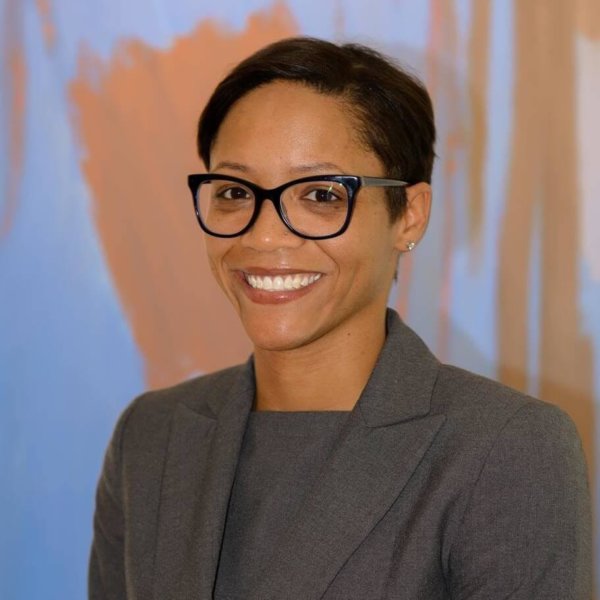
Family Law Assistance Network newest tool for helping D.C. families in crisis.
by Nefertari Elshiekh
In a time when there are many challenges and uncertainties facing the nation, it is important to recognize and celebrate the good in the world. Family Law Assistance Network (FLAN), a joint initiative between the DC Affordable Law Firm (DCALF), Legal Aid, and the D.C. Bar Pro Bono Center, is emblematic of that sentiment. FLAN, which opened at the end of March, in the midst of the pandemic, has already served over 300 litigants. Through this initiative, the DC Affordable Law Firm has been able to gain an even stronger presence and foothold East of the River as more than 50% of FLAN clients reside East of the River.
The DC Affordable Law Firm aims to “respond to and meet the needs of the community,” according to Gabrielle “Gabby” Mulnick Majewski, Executive Director of the DC Affordable Law Firm. FLAN grew out of that need, after noticing persistent challenges facing individuals, particularly the lack of representation in domestic relations courts.
As emphasized by Francesca Gibson, one of the dedicated attorneys with FLAN, a prominent feature of this Network is meeting the clients where they are, wherever that may be. The pandemic has forced everyone to rely heavily on technology for basic needs, including filing emergency pleadings. However, some clients do not have access to the internet, so FLAN comes in to “fill that gap.” Attorneys with FLAN help clients draft and file pleadings, so that they don’t “bear the burden of trying to access the technology to do so” according to Francesca. Yet, the problem continues if the client doesn’t have access to an email to review documents, so FLAN attorneys find creative solutions to the unique challenges facing each client. This may mean sending documents for review via text message in order to adapt to and meet the client’s accessibility levels.
Francesca witnessed firsthand how a zip code can determine the resources that families have access to as she was formerly a teacher in schools East of the River. Francesca has been inspired by the tenacity and strength of the families that live East of the River, who may have different and unique challenges than community members in other parts of the city, to “think more strategically and more creatively and figure out how we can best use the judicial system to meet the community’s needs.”
One of the dominant issues amongst FLAN clients involves custody and custodial exchanges, which the pandemic has amplified. Francesca underscored some of the new challenges with schools being closed. Schools had previously served as a safe location for parents to exchange their children because it can help reduce contentious interactions between parents. As Francesca notes, this “tempers the acrimony [and] it can, in many cases, prevent children from being exposed” to acrimonious situations. With schools closed, the problem arises of where to exchange children.
The pandemic adds another layer, as parents, who had previously traveled across the town to exchange their child, may no longer be able to do that because they are struggling financially. Families East of the River experience greater and deeper levels of poverty, so “the basic challenges that everybody is experiencing are just exacerbated because of where people live in the city,” as Francesca points out. She continued on to explain how these unique situations prompt FLAN to think about non-judicial means to resolve issues in addition to judicial ways.
Despite court closures, FLAN and DCALF’s metaphorical doors have remained open not just by helping families during this difficult time telephonically and through the exchange of emails, but by going the extra mile for their clients from working during non-office hours to going into the community to get documents from clients (with everyone’s safety as a top priority). In fact, one silver lining of the pandemic is FLAN has been able to expand its reach and succeed in serving more people by not being as limited by geographic location. Previously, clients had to travel across the city to get to the courthouse, and the transportation cost, the need to find childcare, and the need to work around a traditional complex work schedule were all often hindrances to accessing legal services. However, FLAN’s hotline to field calls and email account to receive email referrals is a testament to how FLAN is evolving and adapting to make their services more accessible.
As Gabby highlights, “FLAN amplifies the voices of individuals who might not otherwise feel empowered” and serves as the “vehicle to allow people to really take ownership of their stories and bring their claims before the court” by working creatively to pursue what families need in the moment. It has been a challenging time for everyone, and FLAN is “one of many organizations leading the charge to support individuals and families through these really difficult times.”
Nefertari Elshiekh served as the 2020 Washington Council of Lawyers Summer Intern.






